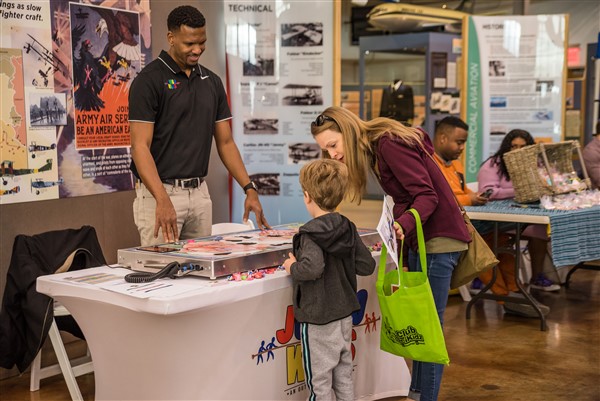Are you wondering what life skills taught at summer camp your kid will learn this year?
Summer camp isn’t just about roasting marshmallows and singing campfire songs—it’s a goldmine for learning life skills! From teamwork to resilience, kiddos come home with more than just mosquito bites.
Personally, I often look for a camp that will increase a specific skill or give my kids a wonderful experience. It may be a camp held at the lake since both of my kids love the water, or it may be a camp that caters to a specific interest.
Summer camps can be a wonderful opportunity to encourage growth in your child that will last them a lifetime.
Here’s a look at the life skills taught at summer camp:
Social Skills Learned at Camp

Social skills are something we will continue to learn and use as long as we live.
Every day, we interact with people we don’t know. If your child has a quieter personality, social interaction may make them nervous. Some children thrive in the spotlight. So, how can a camp environment cater to all types of personalities?
One of the best ways for camps to foster social skills is through group activities. Camps offer activities, such as ziplines, ropes courses, horseback riding, group discussions, and competitive activities…all of which require an element of interaction and trust between them and their peers.
At summer camp, children will learn how to communicate, listen to others’ opinions and feedback, and master the art of working together. These skills will increase children’s confidence and ability to socialize.
You Might Also Like: Do People Still Send Their Kid to Summer Camp in 2024?
Leadership Skills
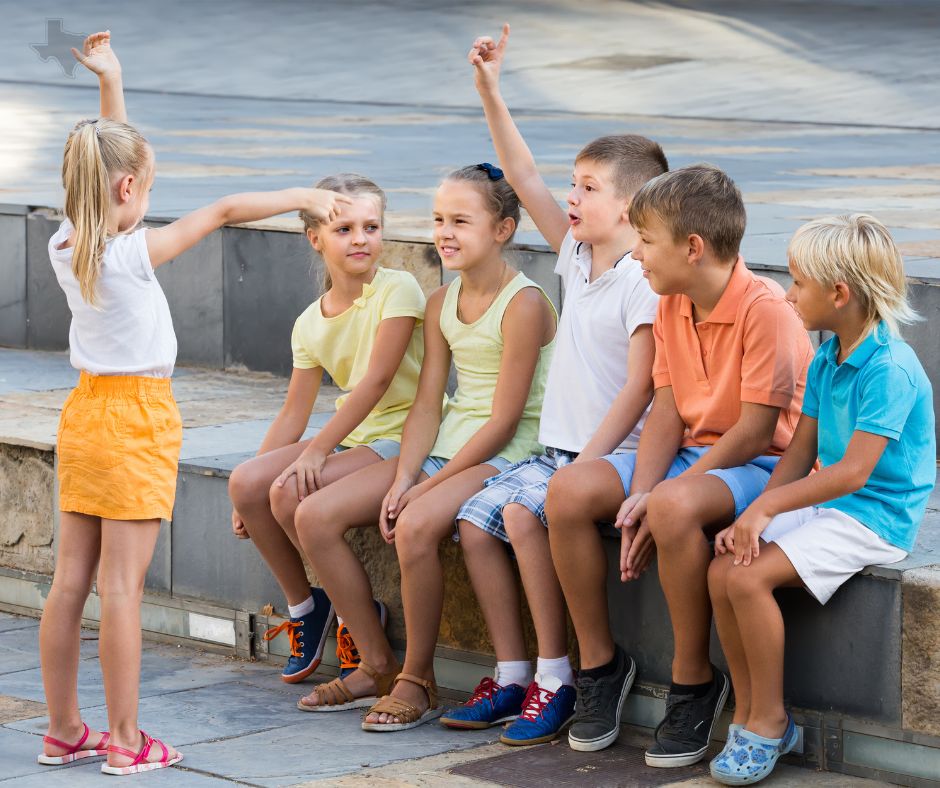
Camps are a great way to create opportunities for children to develop leadership skills.
I grew up going to a summer camp in the mountains, and I have so many fond memories of these times. Although I was more on the shy side, my leaders provided opportunities for me to assist and help throughout my time there. It may have been gathering the food items to help serve people at tables for a meal or collecting the sports equipment after an event. Regardless of what it was, it helped me to feel seen and created a desire in me to want to help more.
When your camper returns home, be sure to ask them if there was ever an opportunity to serve, such as a team leader or helper. Did they help lead any projects or organize any events? You can even have this conversation before camp and encourage them to look for opportunities to step up and serve. This can prepare them mentally, and they are more likely to offer to serve if the opportunity presents itself.
An important aspect of leading well is learning how to respect others. Camps can offer opportunities to lead and learn through a variety of activities, like a ropes course. Should a child be assigned to lead the way for a group that may be blindfolded (I’ve seen this exercise at many camps), your child will need to lead, effectively communicate actively, and also respect the position of others to meet their needs.
A good leader listens, respects, and knows how to work as a team, all of which are separate life skills taught at summer camp.
You Might Also Like: How Summer Camps Help Kids Learn
Problem-solving and Critical Thinking
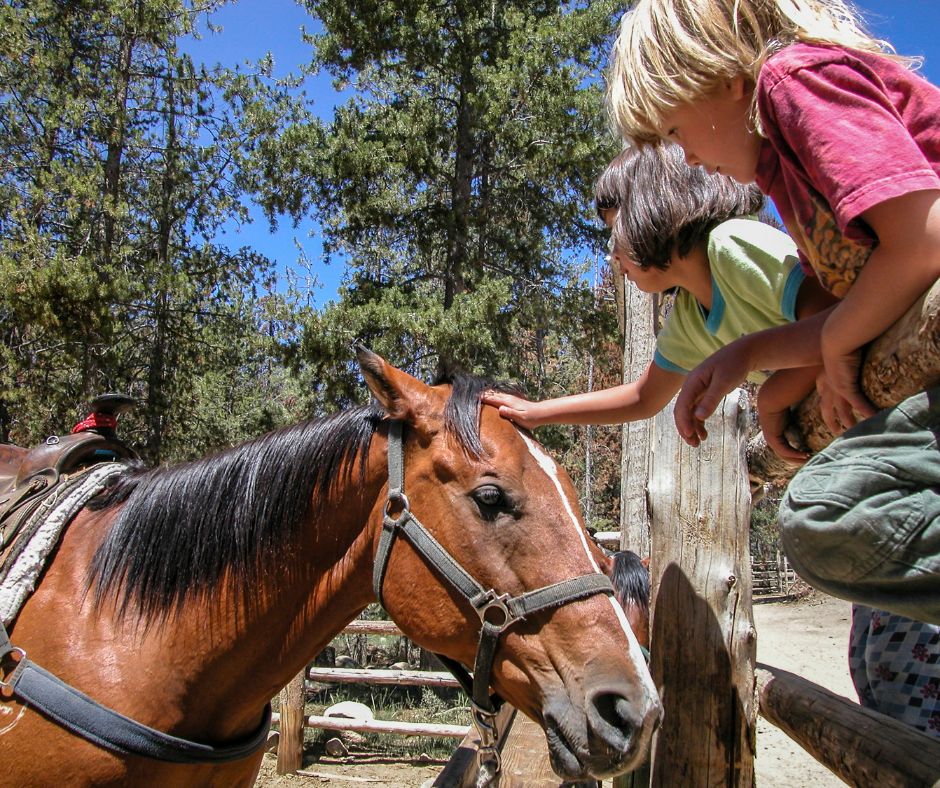
Problem-solving and critical thinking are important life skills taught at summer camp.
Problems arise daily, and we as parents need to allow our children opportunities to solve them on their own. It can be instinctive to want to rescue our children when things get tough, but that isn’t always the best way to help them.
Many camps offer great activities, such as navigating a ropes course together where each person is tied to the next, escape rooms, or navigating the forest in the dark with a game of flashlight tag. Each of these activities requires each camper to think about how to move forward best and how it may impact those they are working with.
Another great opportunity to teach problem-solving and critical thinking is to sign up your child to work with animals. Cathy’s Critters has an ongoing mission to educate children about animals and the benefits of human/animal exchanges.
You Might Also Like: Kids Summer Camp Checklist
Confidence Through Independence
When children are away from their home environment and experience new people, places, and challenges, they recognize that a guardian or parent isn’t there to make things happen. They have to do it themselves. And if they don’t do it, it doesn’t get done, and that may have some natural consequences.
In the camp environment, children learn quickly that they need to take care of things themselves. Thus, encouraging independence leads to confidence and the knowledge that children are capable of making things happen for themselves.
This confidence can also enhance other skills such as leadership, encouraging your child to step forward in a new, confident way!
You Might Also Like: 9 Ways to Prep For Summer Camp
Teamwork and Collaboration
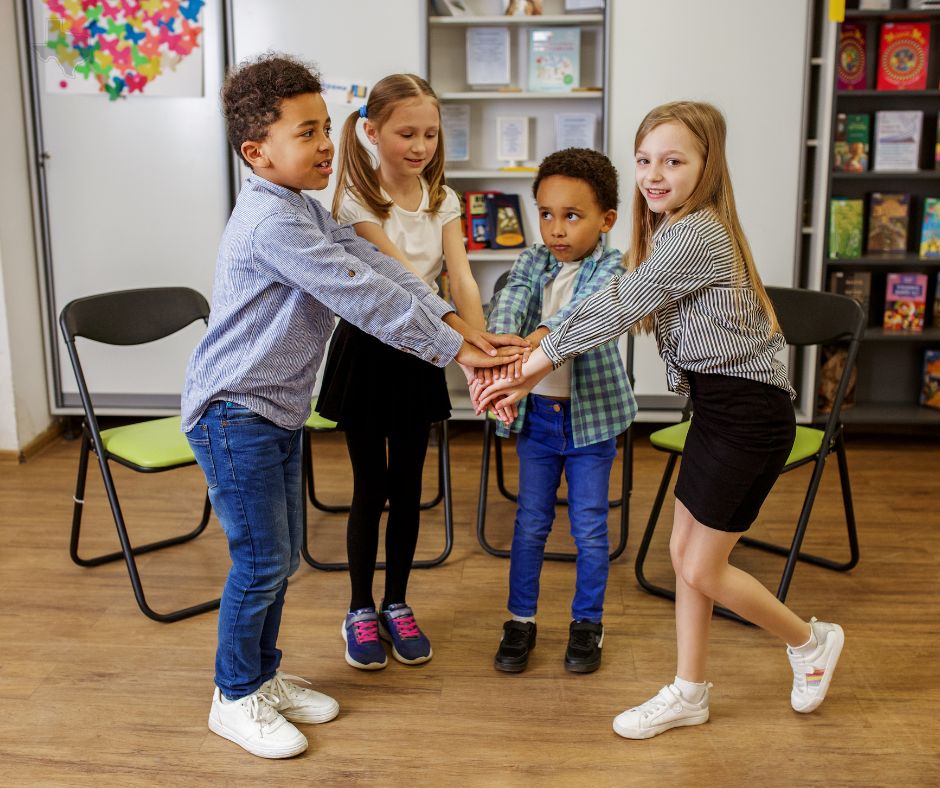
Learning how to be part of a team can be challenging for some.
Many programs present wonderful opportunities to grow both individually and as a team. Campers are given tasks to apply and then asked how being (or not being) a team player affected them. Gaining personal experiences through hands-on activities can be a wonderful learning tool.
Teamwork and collaboration with others may not always come easily, but they are important life skills taught at summer camp that will come in handy throughout life.
You Might Also Like: How To Prepare Your kid Emotionally for Summer Camp
Adaptability Through Challenges
Adaptability through challenges and learning to adapt to new environments can be difficult for some campers as they may be put in positions that cause them to feel uncomfortable or create the need to overcome fears they didn’t realize they had.
Learning to adapt to their camp environment is offered through various activities that will encourage resilience in their personal development. This may include managing their camp items, not being placed in the cabin they were wanting, or the team they were hoping to be on.
Learning to accept any sudden changes or challenges will allow your child to see the bigger picture of a full camp experience.
You Might Also Like: 5 Fun Uniform Ideas for Summer Camp
Practical Life Skills Taught at Summer Camp
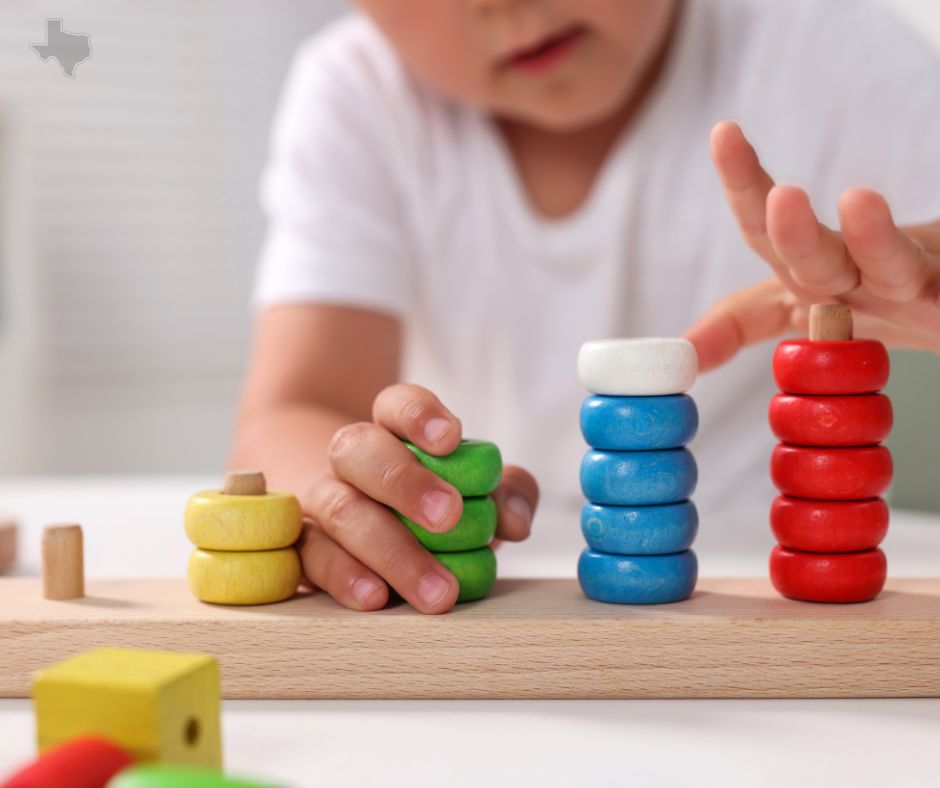
Often, camp experiences are the first or one of the first times your child is away from home for an extended period. The time away encourages children to develop independence and become more comfortable making their own decisions. While these may be skills they are working on at home, a camp environment allows a child to learn alongside other peers.
Children should be encouraged to reflect on their time away and what they learned during camp. How can they apply the skills they learned moving forward? What is something new they learned about themselves? If they made new friends, what drew them to those particular people?
You Might Also Like: How to Save Money on Summer Camps
One Last Life Skill
Every camp will teach your child something. The more you know about the camp, the better you will be able to ask your child the right questions and learn more about the great ways they have grown into a better version of themselves through a great camp experience!
Find all the best summer camps with our expert Camp Directory.


